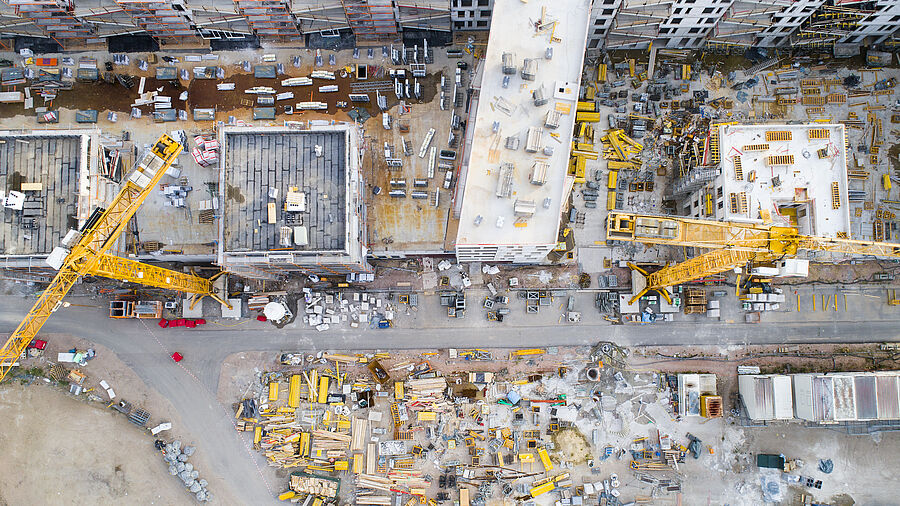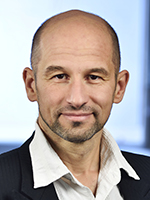Circular economy
The circular economy is an important part of the European Green New Deal and crucial to achieving climate neutrality of our ecological, economic and social systems. Measures are being implemented across Europe that build on the principle of the circular economy with the aim of keeping finite resources, processes, materials and products for as long as possible in use and achieving a minimum utilization of primary raw materials. The transformation to a sustainable circular economy system requires comprehensive innovations and new, agile cooperation and coordination models involving all actors along the entire value chain. Close cooperation between politics, science, business and civil society as well as the involvement, information and education of all stakeholders are the key factors for a successful implementation of the circular economy.
Added value for customers and partners
The AIT Center for Energy takes a systemic, cross-sectoral approach to the concept of circular economy along the entire value chain from raw materials, products and buildings to urban and regional planning. Qualitative and quantitative analysis and the development of ecological and competitive circular paths are based on both sound technological know-how and high systemic competence. Thus, an integrated view of resources and materials (energy, water, waste, raw materials, biogenic resources) and their life cycle, considering rebound effects, is possible.
„Reduce – Reuse – Recycle & Recover“ are the three central pillars of the circular economy. They are the basis for our scientific work and engineering of innovative solutions. Digital and data-based methods and tools are indispensable for the development a circular design of our economic and ecosystems. Sustainable value creation, as well as value preservation of corporate and public assets along the entire life cycle from planning, conception and design to operation, use and return, offer comprehensive added value for our clients and partners at the interface between research & development, industry and policy.
Our service portfolio
- Energy analysis and environmental assessment of processes, products and buildings in terms of carbon footprint and recyclability along the entire life cycle
- Development of recyclable modular designs and material concepts for technologies, products and buildings supported by innovative tools
- Development of economic valuation models and analyses for sustainable business models by identifying new markets, technologies and products
- Digital solutions for modelling scenarios (digital twins) in different spatial and temporal resolutions regarding energy, raw material and land use
- Logistics and recycling concepts for optimized material flows in complex systems (buildings, industry, cities)
- Optimized asset management including life cycle costs
- Development of life-cycle adaptation and sustainability strategies, roadmaps as well as action plans for companies, buildings, urban development and process industry and the associated indicator systems for Circular Economy-Monitoring
- Ecological and economic analysis of alternative resources and raw material sources (urban and industrial mining)
- Support for the evaluation of investments, business activities and company reporting in relation to the circular economy according to the EU Taxonomy Regulation
- Derivation of political recommendations for actions in the fields of research, innovation and technology



